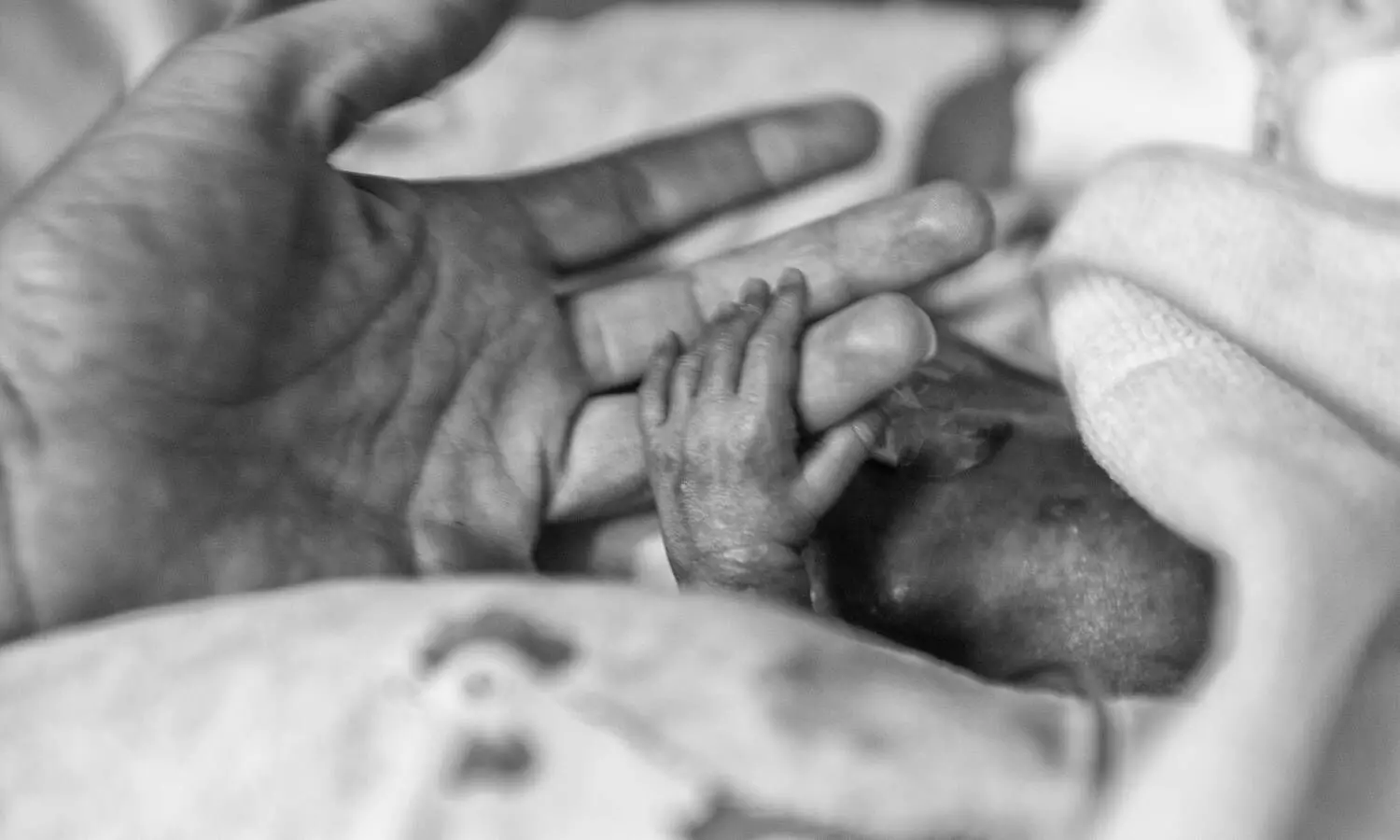1 in 10 Babies Born Premature: Doctors Highlight Urgent Need for Care

New Delhi: November 17, observed as World Prematurity Day, underscores the critical care needs of premature babies.
According to the World Health Organization (WHO), 15 million babies are born preterm every year, accounting for more than one in ten births globally.
Tragically, 75% of these babies die shortly after birth, while many survivors face lifelong physical, neurological, or educational challenges.
Premature births are often linked to factors such as gestational diabetes, hypertension, placental abruption, placenta previa, uterine and cervical issues, advanced maternal age, vaginal infections, smoking, alcohol consumption, and illicit drug use during pregnancy.
Early identification and medical attention are vital to addressing these risks and improving outcomes for preterm babies.
Dr Sweta Lalgudi, Gynecologist at Zynova Shalby Hospital, Mumbai, explained, “Babies born too early, before 37 weeks of pregnancy, are termed preterm babies. Life-threatening complications in preterm babies include respiratory distress syndrome due to underdeveloped lungs, cardiovascular and neurological problems, anemia, jaundice, and difficulty breastfeeding, requiring neonatal intensive care unit (NICU) management. The causes include gestational diabetes, hypertension, placental abruption, placenta previa, uterine and cervical issues, advanced maternal age, infections, smoking, alcohol, and illicit drug use during pregnancy. One in 10 babies is born premature, making it essential to take utmost care of a preterm baby.”
Dr Kalpana Gupta, Senior Consultant Obstetrician and Gynecologist at Medicover Hospital, Navi Mumbai, added, “Factors such as infections, diabetes, high blood pressure, smoking, alcohol consumption, stress, and uterine abnormalities increase the risk of preterm births. Premature babies often face complications such as respiratory distress syndrome, bronchopulmonary dysplasia, apnea, retinopathy of prematurity, and necrotizing enterocolitis. Rural areas often lack adequate medical facilities, leading to delayed diagnosis and insufficient prenatal care. It’s essential for mothers to follow medical guidelines to ensure their baby achieves developmental milestones.”
Doctors emphasized the importance of both NICU and home care. Dr Lalgudi outlined, “In the NICU, the baby will be continuously monitored, and Kangaroo care along with breastfeeding will be initiated. At home, parents should maintain personal hygiene, ensure the right room temperature, limit visitors, avoid crowded places, and keep up with the baby’s vaccination schedule.”
World Prematurity Day serves as a reminder of the urgent need for improved prenatal care and awareness to enhance the survival and health of preterm babies.


